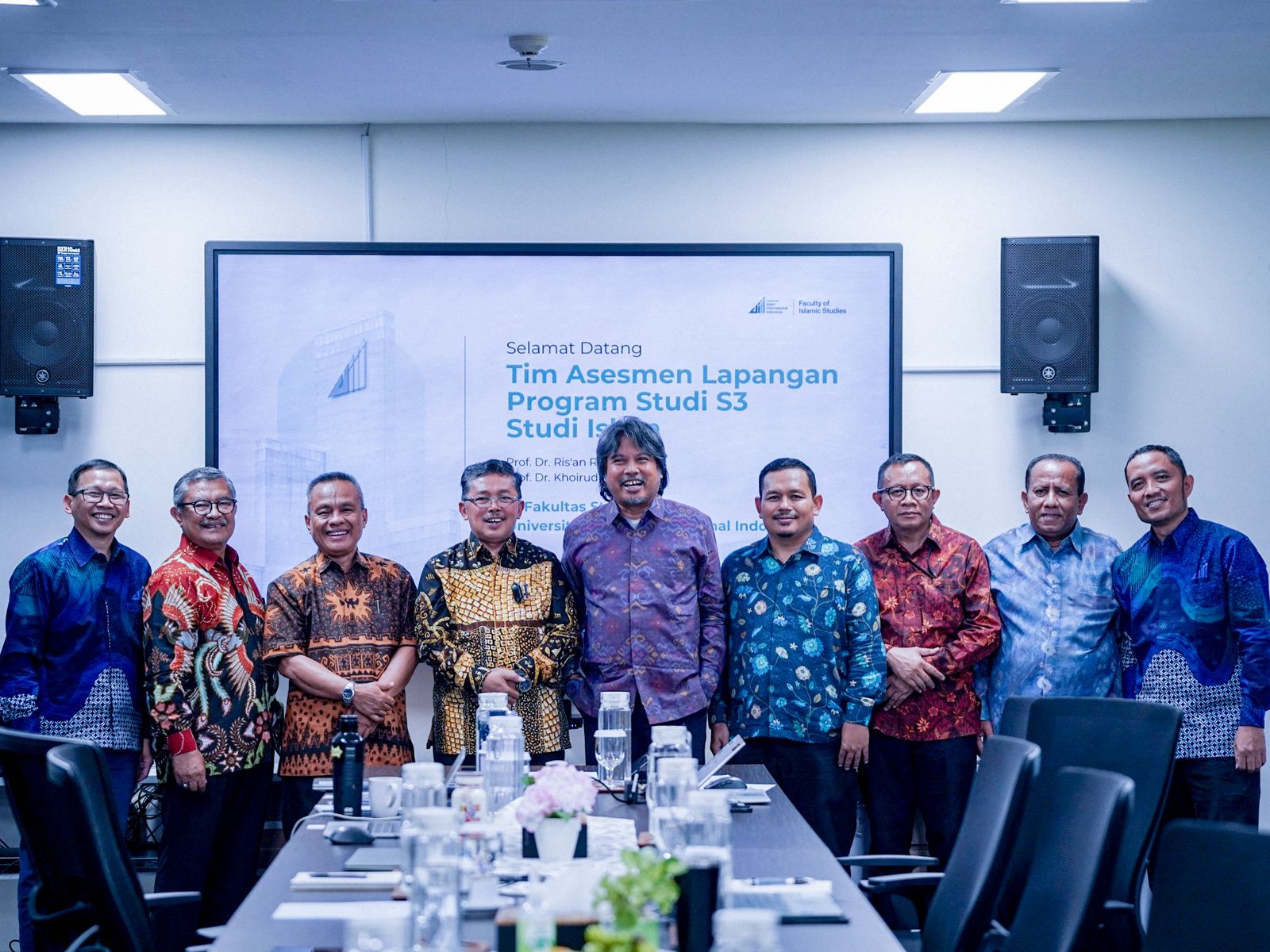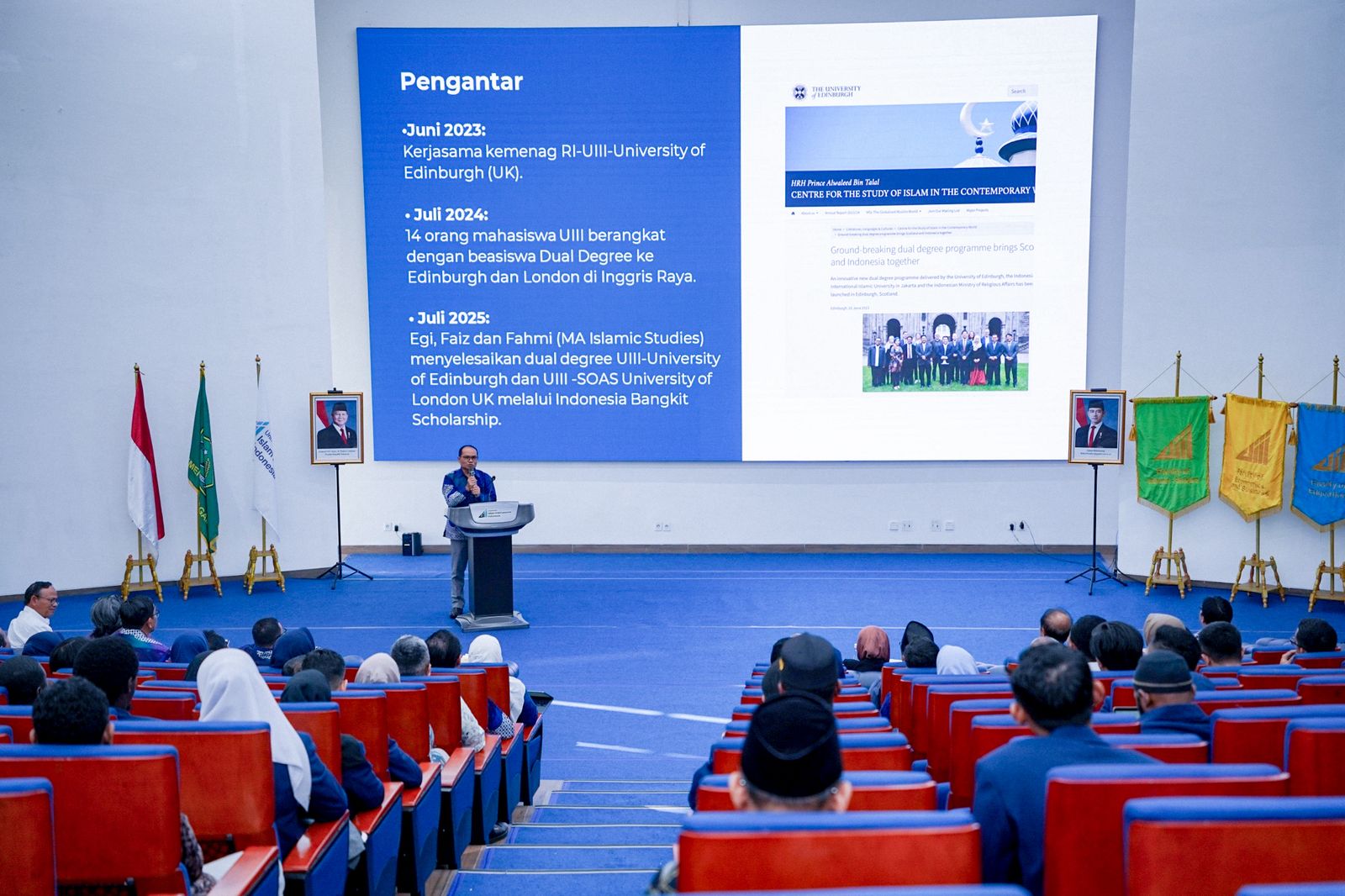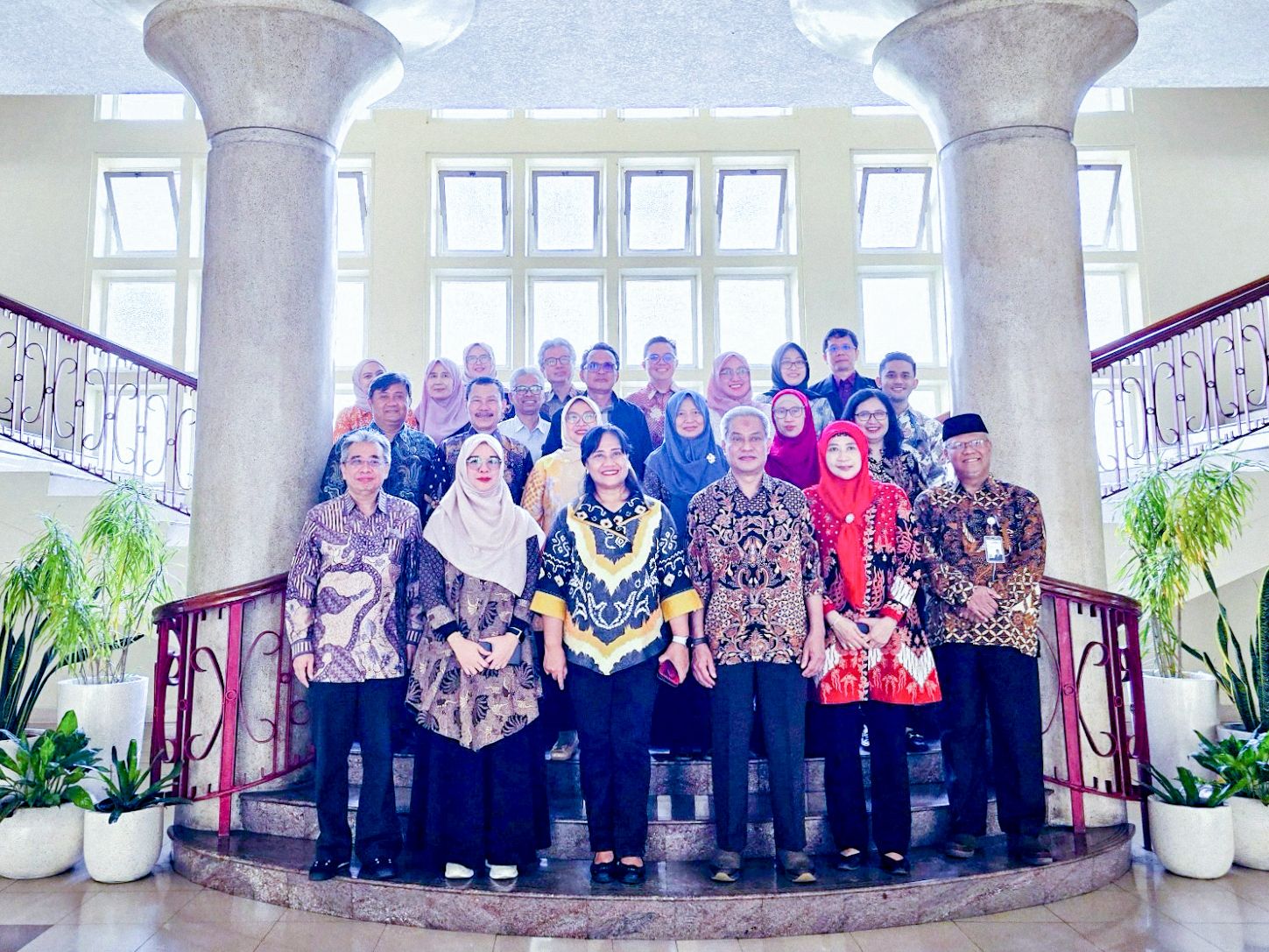
Headlines
Frequently Asked Questions (FAQs)
The Quality Assurance Unit plays a pivotal role in upholding and elevating higher education standards. It helps universities in identifying and addressing academic and operational challenges, enhancing institutional reputation, and ensuring compliance with accreditation requirements. Through systematic monitoring and evaluation, this unit helps institutions to achieve their core mission.
Continuous improvement in faculties and study programs is ensured through periodic management review meetings involving senior university leaders, where performance data is evaluated. Based on findings, action plans are developed to maintain the PPEPP cycle.
Accreditation is a voluntary process in which an external accrediting body evaluates an educational institution to ensure it meets predetermined quality standards. Accreditation provides credibility and assurance to stakeholders, including students, parents, employers, and the public. It verifies that an institution has met specific criteria and demonstrates a commitment to continuous improvement and educational excellence.
Accreditation enhances the institution’s reputation and credibility, as it signifies that the institution has met rigorous standards set by an external evaluating body.

